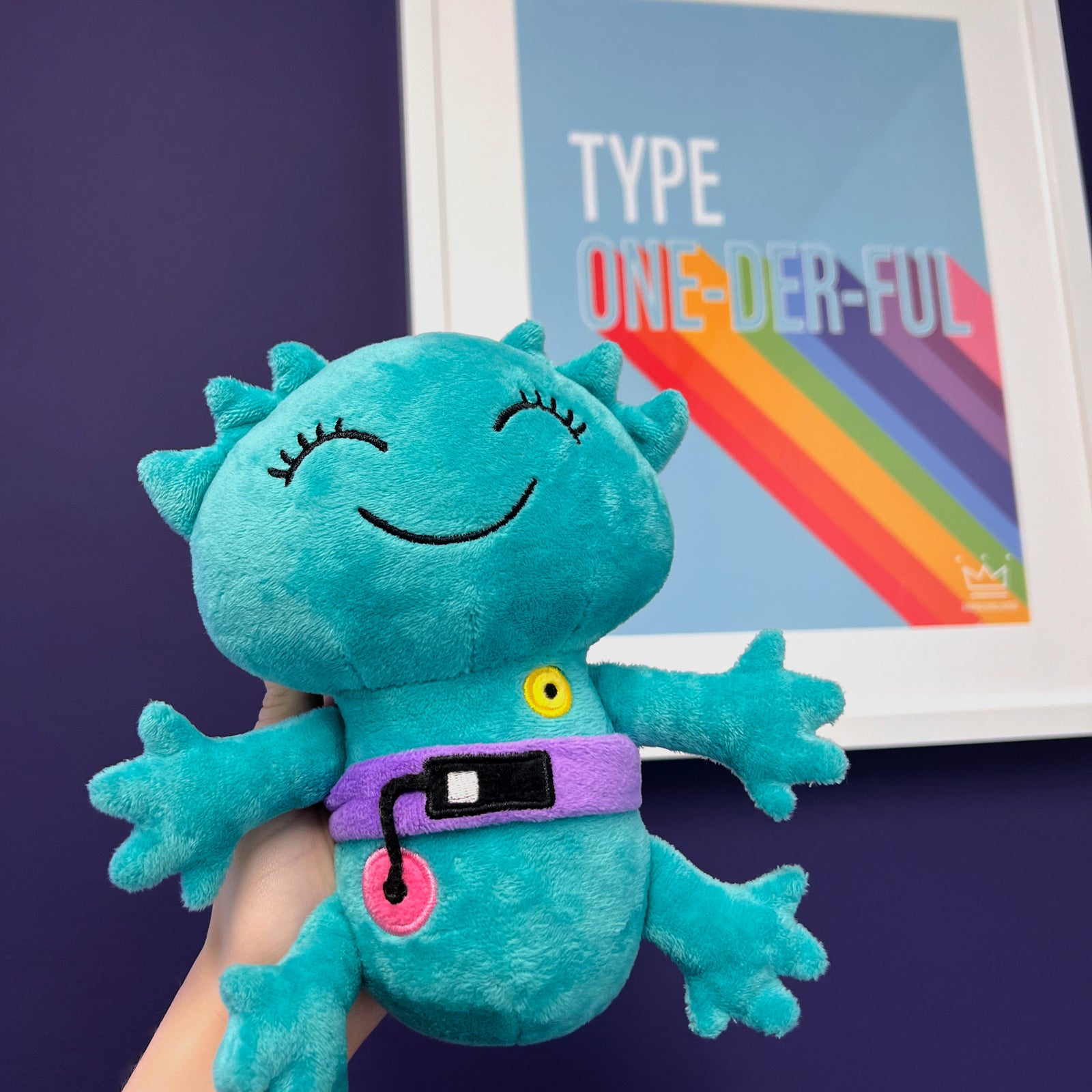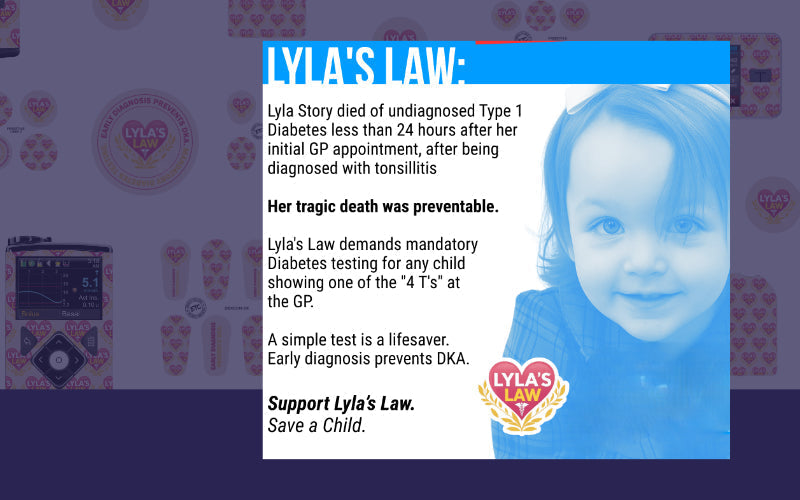When cold and flu season hits, most people worry about tissues, rest, and hydration. But for those living with Type 1 diabetes, being unwell comes with an extra layer of concern: how illness affects blood glucose levels and insulin management.
If you live with Type 1 diabetes (T1D), you probably already know that even a simple cold can throw your usual diabetes routine off track. Here’s what happens — and how you can stay on top of it when your body isn’t feeling its best.
Why Illness Impacts Blood Glucose
When you’re sick, your body releases stress hormones like cortisol and adrenaline to fight infection. Unfortunately, these hormones can also make you more insulin resistant, meaning your blood glucose (BG) levels may rise even if you’re eating less than usual.
At the same time, if you’re vomiting or can’t keep food down, you might be at risk of low blood sugar — especially if you continue to take insulin but aren’t able to eat carbs.
This tricky balance is why “sick day management” is such an important skill for anyone with Type 1 diabetes.
Sick Day Tips for People with Type 1 Diabetes
Here are some practical ways to handle illness safely:
1. Keep Checking Your Blood Glucose (and Ketones!)
-
Test your BG every 2–4 hours, even overnight if you feel worse.
-
If your BG is high (usually over 13.9 mmol/L / 250 mg/dL), check for ketones using urine strips or a blood ketone meter.
-
Contact your healthcare team if you have moderate or high ketones, persistent vomiting, or rising BG levels that don’t respond to insulin.
2. Stay Hydrated
Illness can lead to dehydration, which increases ketone levels and worsens insulin resistance.
-
Try to sip sugar-free fluids like water or broth frequently.
-
If your BG is low or you can’t eat, choose carb-containing fluids like juice, regular soda, or electrolyte drinks with glucose.
3. Never Skip Insulin
Even if you’re not eating much, your body still needs insulin — especially background (basal) insulin.
-
You may need to adjust your doses, but stopping insulin completely can cause dangerous diabetic ketoacidosis (DKA).
-
If unsure, call your diabetes educator, clinic, or emergency line for guidance.
4. Have a Sick-Day Kit Ready
Keep a small “sick day” box stocked with:
-
Ketone test strips
-
Glucose tablets or juice boxes
-
Easy-to-digest carb foods (e.g., soup, crackers, applesauce)
-
A thermometer and hydration drinks
-
Contact numbers for your diabetes care team
5. Rest and Listen to Your Body
Illness is tough on everyone, and diabetes management can make it even more draining. Rest when you can, keep notes of your readings, and don’t hesitate to ask for help if things feel out of control.
When to Seek Medical Help
Reach out to your doctor or diabetes team if you experience:
-
Persistent vomiting or diarrhea
-
Moderate or high ketones that don’t resolve with insulin and fluids
-
Trouble keeping fluids down
-
Difficulty breathing or confusion
-
Signs of DKA (dry mouth, fruity-smelling breath, nausea, stomach pain)
You don’t have to tough it out alone — early medical help can prevent a hospital visit later.
Things to Remember
Getting sick is never fun, but being prepared can make a world of difference. By keeping a close eye on your blood sugar, staying hydrated, and knowing when to ask for help, you can handle cold and flu season with more confidence and less stress.
Every diabetic person is different but we can find help & support with each other.
Stay warm, stay hydrated, and take care of yourself this season. 💙







